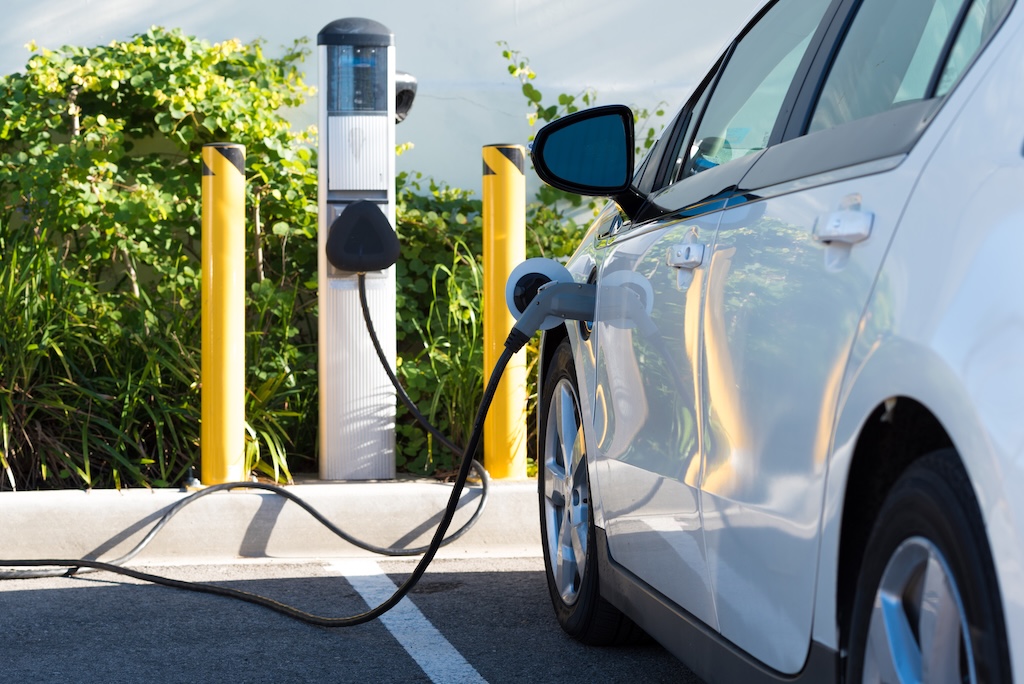As electric vehicles rise in popularity, fuel excise revenues are rapidly falling, which has prompted a shift in thinking around road charges. Now, ministers are seemingly moving in a new direction, opting for a kilometre-based charge instead. It’s imperative that Australian drivers understand the charges, especially when it comes to vehicle liability and compensation law. Don’t worry, we’ll break down what you should expect and how best to prepare legally.
Road-User Charges for EVs: Why It’s on the Table
The traditional fuel excise, 50-51 cents per litre, was in place to fund road maintenance, and unfortunately, electric vehicles avoid this charge, which has created the funding gap we’re faced with now. Treasurer Jim Chalmers has long suggested EV drivers aren’t paying their fair share to maintain our roads, and now the government is scrambling to fast-track a national road user charge (RUC), with the likes of New South Wales busily preparing their own RUC.
There are concerns around equity, of course, but industry groups do support a national RUC provided it’s fair and distance-based.
The EV Charge: The Proposal
While the discussions are ongoing around the national charge, experts suggest the annual charge will come in around $300 – $400, based on mileage. As for the timeline, the rollout is likely to start post-2027. In New South Wales, the rollout is set to begin once EVs reach 30% of new vehicle sales or in July 2027. Meanwhile, in Victoria, they placed a 2.8¢/km for EVs and 2.3¢/km for PHEVs. However, this was ruled unconstitutional, and Victoria has been processing refunds. Currently, ministers are reviewing technical options on how to charge this, whether drivers send odometer readings or rely on GPS.
Legal Hurdles and High Court Rulings
In Victoria, the charge was struck down by the High Court, and that has broader implications for other states working on their own state charges. It may lead to delays in the rollout of the charge or potentially end up before the High Court.
The commonwealth can lawfully collect road-user charges; the issue is ensuring it is fair across the board and all drivers are paying a universal RUC, whether it’s under the state’s authority or a federal charge.
The Impact on Motor Vehicle Accident Compensation and Claims
There is a cost implication as the road user charge could potentially force EV drivers to pay higher ownership costs per-kilometre, which could influence both insurance premiums and claim valuations. As for cases of compensation, additional RUC costs could be factored into ongoing expenses or loss-of-use expenses in both vehicle damage and personal injury claims. Additionally, road user charges could alter the assessment of reasonable road access, likely impacting low-maintenance and rural areas.
As for contracts, there should be a note in a Novated or standard lease agreement to specify who covers the RUC charge and how it impacts responsibility in the event of a motor vehicle accident claim.
Practical Advice
- Track vehicle use and ensure you document your RUC payments; a paper trail is key for claims and disputes.
- Fully review your insurance policies, leases, and any other relevant documents to understand your RUC liability.
- Always check for rebates and exemptions; many remote and regional areas provide relief.
- Always consult your insurer before you file a claim; you must confirm the inclusion of the RUC.
- Avoid kilometre-based disputes by retaining your telematics or odometer evidence.
- Always plan for financial impact; tweak your budget to include expected RUC fees.
FAQs
Will I pay the same charge wherever I drive?
Yes, it will likely be a mileage-based charge, so you will be paying based on how much you drive, not where you drive. That should be the case whether you travel interstate or not.
How will RUC be collected?
That is currently up for discussion as ministers determine the best tracking system. Though Victoria’s High Court overruled their decision, drivers sent their odometer readings to calculate their EV RUC.
What if I live rurally or in a low-traffic area?
There may be exemptions, but there is no certainty about where or when those come into play. If you want to learn more, you should reach out to your local minister for clarity.
How soon is this going to happen?
While Treasurer Jim Chalmers is trying to fast-track these charges to increase the excise-fuel revenues, it’s unlikely to change overnight. Ultimately, there will be legal challenges, adjustments to the rule, and changes are expected to come into play no earlier than 2027.
Call AJB Stevens Motor Accident Lawyer Sydney
Whether you already drive an EV or you’ve been thinking about making the switch, a national road user charge is likely. Our infrastructure needs additional funding to keep up with road users, but you need to understand the implications for legal and insurance compensation. As an EV owner, you should anticipate additional costs and consider how it would influence your legal strategy in motor vehicle accident claims.
If you’re concerned about how these road user charges could affect your motor vehicle compensation rights or insurance claims, get in touch with AJB Stevens for tailored legal advice from experienced motor vehicle accident lawyers in Sydney.




